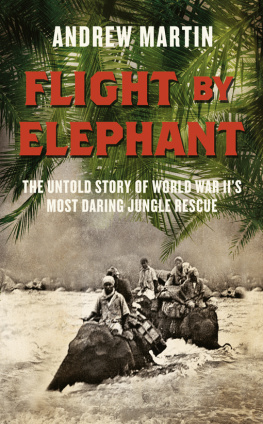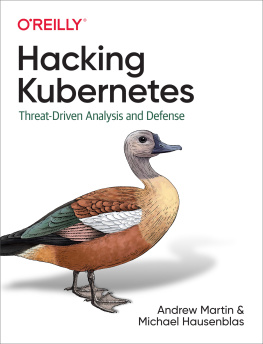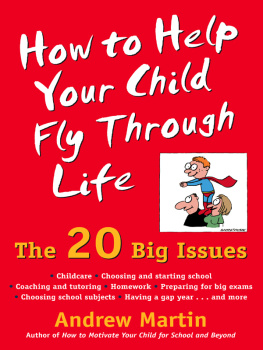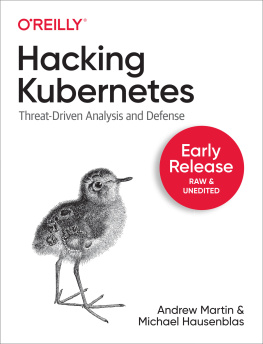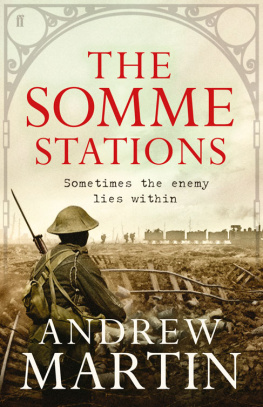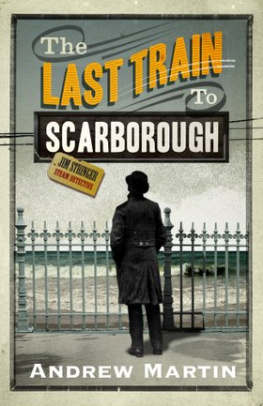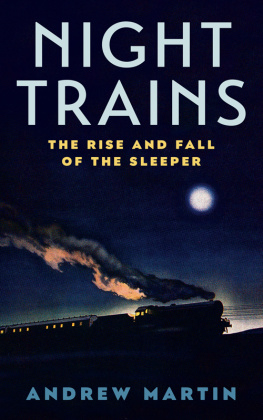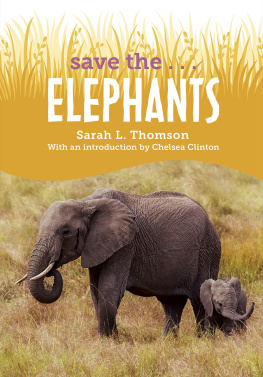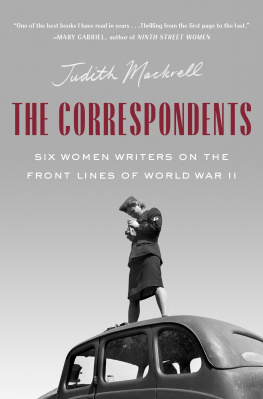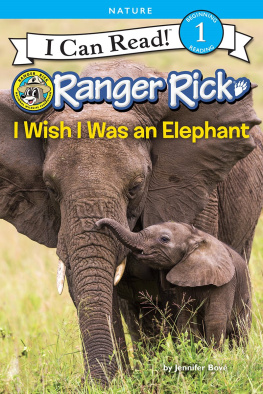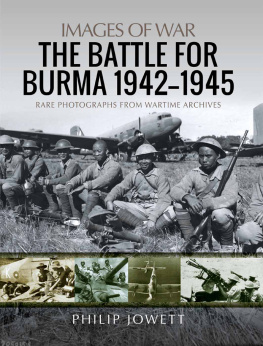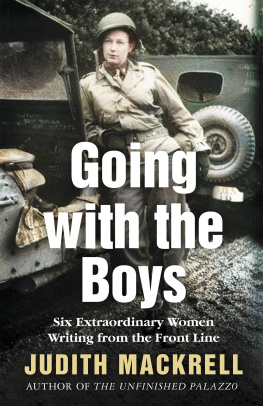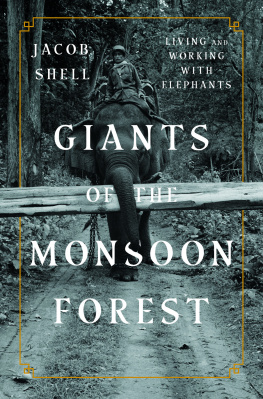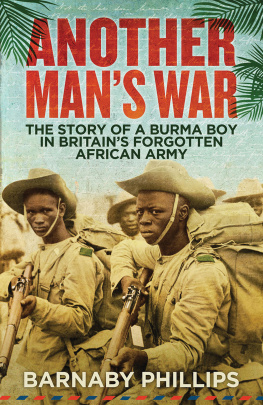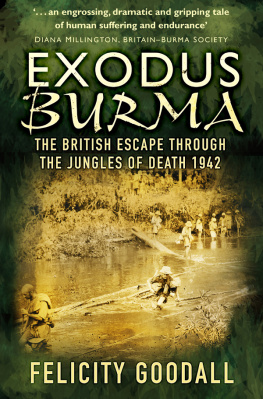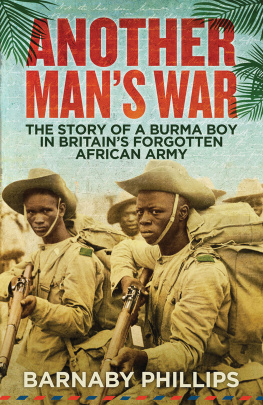Andrew Martin was born in Yorkshire, and now lives in London. After qualifying as a barrister, he turned to freelance writing, and he has won awards both for his journalism and fiction. His latest novel is The Baghdad Railway Club. His non-fiction includes Underground, Overground: A Passengers History of the Tube.
Australia
HarperCollins Publishers (Australia) Pty. Ltd.
Level 13, 201 Elizabeth Street
Sydney, NSW 2000, Australia
http://www.harpercollins.com.au/ebooks
Canada
HarperCollins Canada
2 Bloor Street East - 20th Floor
Toronto, ON, M4W, 1A8, Canada
http://www.harpercollins.ca
New Zealand
HarperCollins Publishers (New Zealand) Limited
P.O. Box 1
Auckland, New Zealand
http://www.harpercollins.co.nz
United Kingdom
HarperCollins Publishers Ltd.
77-85 Fulham Palace Road
London, W6 8JB, UK
http://www.harpercollins.co.uk
United States
HarperCollins Publishers Inc.
10 East 53rd Street
New York, NY 10022
http://www.harpercollins.com
As mentioned at the outset, this book is largely based on the diaries of Gyles Mackrell, Sir John Rowland, Guy Millar, Bill Howe, Ritchie Gardiner and Eric Ivan Milne. I read the latter two at the Asian and African Studies reading room of the British Library, and the Imperial War Museum study room respectively, and I am grateful to the ever-helpful staff in both rooms. The other diaries I read at the Centre of South Asian Studies, at Cambridge University. Much of their Mackrell archive was compiled by Denis Segal, and without his help and encouragement this book could not have been written. I am also grateful to Dr Kevin Greenbank and Dr Annamaria Motrescu of the CSAS.
I am grateful to the following descendants of the Chaukan Club: Scott Rossiter, John Rossiter, Brian Wilson, Nan Howe. I would like to thank Lynne Thompson of Woburn Safari Park for putting me in touch with Dr Khyne U Mar of the Department of Animal and Plant Sciences at the University of Sheffield, who answered my questions about elephants, and Professor Thomas Dormundy, for speaking to me about opium. Steve Kippax and Ron Bridge were also most helpful about military matters in Upper Burma. Stephen Brown, Caroline Findlay and her family told me about the life of a tea planter in Assam, and Dr Rachel Isba of Liverpool University talked me through some tropical diseases.
I am indebted to the staff of the Norfolk and Suffolk Aviation Museum at Flixton; to Andrew Dennis at the Royal Air Force Museum and Alan Scadding, historian of Epsom College.
I travelled to Kolkata, Assam and Arunachal Pradesh with Travel the Unknown, whose guide in Arunachal, Nyaken Riba Munna, never wearied of my constant questions.
All errors in the text are entirely my responsibility.
FICTION
Bilton
The Bobby Dazzlers
In the Jim Stringer Series
The Necropolis Railway
The Blackpool Highflyer
The Lost Luggage Porter
Murder at Deviation Junction
Death on a Branch Line
The Last Train to Scarborough
The Somme Stations
The Baghdad Railway Club
NON-FICTION
How to Get Things Really Flat: A Mans Guide to Ironing, Dusting and Other Household Arts
Ghoul Britannia: Notes from a Haunted Isle
Underground, Overground: A Passengers History of the Tube
This book is principally and closely based on the diaries of Guy Millar, Gyles Mackrell, Sir John Rowland, Captain Reg Wilson, Second Lieutenant Bill Howe and Ritchie Gardiner. Given the circumstances it is amazing that these diaries were written at all, but they are often sparse, and sometimes dwindle into telegraphese. Therefore, I have made some small embellishments. All quoted speech is as recorded in the diaries, but sometimes I have speculated as to a characters thoughts based on the preoccupations of the particular day and time as transcribed.
I have occasionally tried to evoke jungle scenes based on my having visited the jungles in question rather than because they are precisely so described in the diaries. And if, say, Gyles Mackrell mentions that it is raining on Thursday and Saturday, I might have concluded given that he was in the middle of a monsoon that it was raining on the Friday in between. I contend that it would be impossible to tell this story without such interventions, and it is a story that deserves to be told.
Andrew Martin
Baird-Murray, Maureen, A World Overturned: A Burmese Childhood, 193347 (Constable, 1998)
Barker, George M., A Tea Planters Life in Assam (Thacker, Spink & Co., 1884)
Carew, Tim, The Longest Retreat, Burma Campaign, 1942 (Mayflower, 1972)
Carrington, Richard, Elephants: A Short Account of Their Natural History, Evolution and Influence on Mankind (Basic Books, 1962)
Collis, Maurice, Lords of the Sunset: A Tour of the Shan States (Faber & Faber, 1938)
Fraser, George MacDonald, Quartered Safe Out Here (HarperCollins, 1995)
Glancey, Jonathan, Nagaland: A Journey to Indias Forgotten Frontier (Faber & Faber, 2011)
Goodall, Felicity, Exodus Burma: The British Escape Through the Jungles of Death 1942 (The History Press, 2011)
Jesse, F. Tennyson, The Story of Burma (Macmillan, 1946)
Macfarlane, Alan and Iris, Green Gold: The Empire of Tea (Ebury Press, 2004)
Orwell, George, Burmese Days (Harper & Brothers, 1934)
Tyson, Geoffrey, Forgotten Frontier (W. H. Targett & Co., 1946)
On 19 May 1942 two Englishmen, Guy Millar and John Leyden, entered the Chaukan Pass in Upper Burma with the aim of reaching civilization in Assam, India. The pass a vaguely defined groove through mountainous sub-tropical jungle, with fast-flowing rivers coming in from left and right was either unmarked on most maps or dishearteningly stamped unsurveyed.
Millar and Leyden did not want to be in the Chaukan Pass, but they had no choice.
John Leyden himself had been overheard describing the pass route as suicidal shortly before he set off along it. We know that Millar, who was keeping a diary as he entered the pass, was uneasily aware that very few Europeans had ever been through it before, and he seemed to recall that fatalities had usually been involved.
In the last decade of the nineteenth century, a few European parties had been through the Chaukan: Errol Gray, an elephant expert resident in Assam, had done it, as had a certain Pritchard, whom nobody knows much about. Prince Henri of Orleans also traversed the pass in that decade, but then here was a man whose life seems marked by a determination to get himself killed. (Henri of Orleans discovered the source of the Irrawaddy river in 1893, earning himself a gold medal from the Royal Geographical Society in London, despite his being, as the Encyclopaedia Britannica of 1911 puts it, a somewhat violent Anglophobe. In fact, he was somewhat violent full stop, and in 1897 he wounded, and was himself wounded by, the Comte de Turin in a duel.) All the above were accompanied by numerous elephants and porters.
In 1892, a quite well-known double act of English exploration, Woodthorpe and MacGregor that is, Colonel R. G. Woodthorpe, a surveyor in the Royal Engineers, and Major C. R. MacGregor of the Gurkha Light Infantry went from Assam to Burma and back through the Chaukan. But, then, they were accompanied by two fellow officer of the British Indian Army, forty-five Gurkhas, twenty-five men of the Indian Frontier Police together with as Major MacGregor airily informed the Royal Geographical Society on his return the usual complement of native surveyors, coolies, & c. They also had with them a great builder of bamboo bridges and rafts (in the person of Colonel Woodthorpe himself), together with something called a Berthons collapsible boat the collapsing and uncollapsing of which caused wonderment among the tribes they encountered and some elephants, the number of which MacGregor does not specify.

